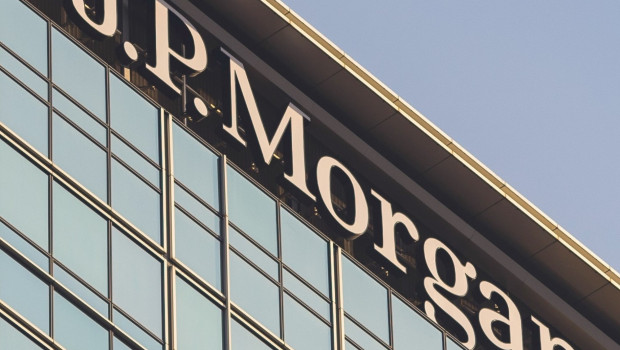
Source: Sharecast
Nonetheless, its boss, Jamie Dimon, noted the multiple headwinds that JP Morgan might face.
"The economy is facing considerable turbulence (including geopolitics), with the potential positives of tax reform and deregulation and the potential negatives of tariffs and "trade wars," ongoing sticky inflation, high fiscal deficits and still rather high asset prices and volatility," he said.
"As always, we hope for the best but prepare the Firm for a wide range of scenarios."
Net income for the three months ending on 31 March jumped by 9% to reach approximately $14.64bn, for a 14% rise in earnings per share to reach $5.07 (consensus: $4.57).
On a reported basis, net revenues were ahead by 8% in comparison to a year earlier to reach $45.13bn.
The lender's return on common equity improved from 17% to 18%.
Dimon described 21% revenue growth in Markets as "exceptionally strong", not least the 48% surge in those from Equity Markets.
He also said that given the current environment, management believed it "prudent" to maintain excess capital and "ample" liquidity.
The common dividend was raised by 12% to $1.40 per share.
As of 1400 GMT, shares of JP Morgan were dipping by 0.60% to $225.28.